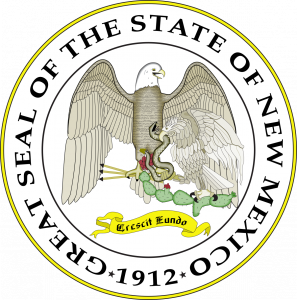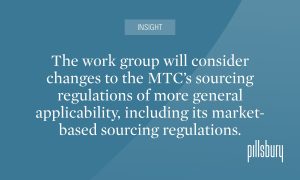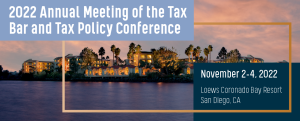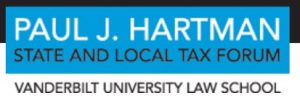
In the Appeal of Sheward, 2022-OTA-228P (May 25, 2022), the California Office of Tax Appeals (OTA) held the California Franchise Tax Board (FTB) failed to follow its own market-based sourcing apportionment regulation by prematurely using reasonable approximation to source the income of a multistate unitary business. During the tax year 2017, the taxpayer operated a business providing in-person services as a horse racetrack judge in California and Minnesota but failed to file a California return. Related to such services, the taxpayer received Form 1099s from the State of California, the State of Minnesota, and Minnesota Harness Racing, Inc.











